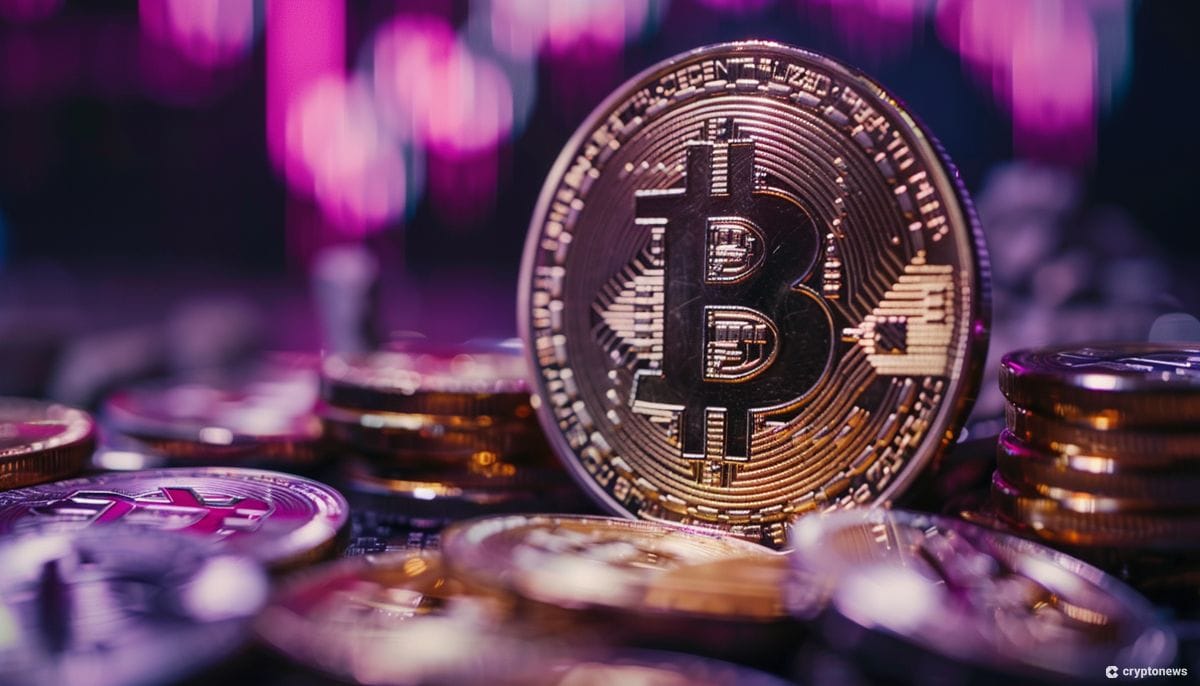South Korean Think Tank: Bitcoin ETFs Would Do More Harm Than Good

A top South Korean economic think tank has poured cold water on the idea of Seoul approving a Bitcoin (BTC) or Ethereum (ETH) spot exchange-traded fund (ETF).
The comments came in a paper by the Korea Institute of Finance researcher Lee Bo-mi, News1 reported.
Lee claimed that “introducing cryptoasset-linked products” could undermine South Korea’s “financial stability.”
South Korean Economic Think Tank: Bitcoin ETF Approval Carries Risks
Lee claimed that approving crypto-linked financial products would likely spike crypto prices.
And this would lead to “a significant amount of capital to move to the virtual asset market,” Lee said.
This, the researcher explained, would likely “increase inefficiency” in the “resource allocation” space.
Conversely, when crypto prices fall, Lee warned, the “liquidity of the financial markets and the soundness of financial companies” could “suffer.”
Lee opined that more research was needed on the “benefits and drawbacks” of green-lighting cryptoasset-linked products.
Politicians have promised to tackle the issue. But regulators appear to be favoring a more cautious stance.
Regardless, financial and crypto advocates have urged Seoul to follow Washington and Hong Kong’s lead in approving crypto spot ETFs.
Cryptocurrency exchanges to evaluate listed coinshttps://t.co/JmGdoGgNyv pic.twitter.com/tNYnFm6T3l
— The Korea Times (@koreatimescokr) June 16, 2024
Crypto ‘Still Too Volatile’ for South Korean Financial Sector, Researcher Claims
Lee argued that the drawbacks of crypto spot ETF approval would outweigh the benefits, explaining:
“There is a general lack of understanding about the value of cryptoassets. Tokens are highly volatile. Incorporating products that use these as underlying assets into the [South Korean] institutional system creates the perception among market participants that virtual assets have a proven [track record].”
The researcher said that there was “a high possibility” that associated risks would “intensify.”
Lee argued that “to reduce risks related to virtual asset-based ETFs,” regulators would need to ensure they were “well prepared” before they grant approval.
And Lee claimed that even if regulators wanted to create the right conditions for BTC or ETH spot ETF approval, “there are limits to the effectiveness of the investor protection measures” they could introduce.
South Korea currently allows recognized brokers to handle Bitcoin futures ETFs. However, the law still prohibits the issuance or brokerage of spot ETFs.









